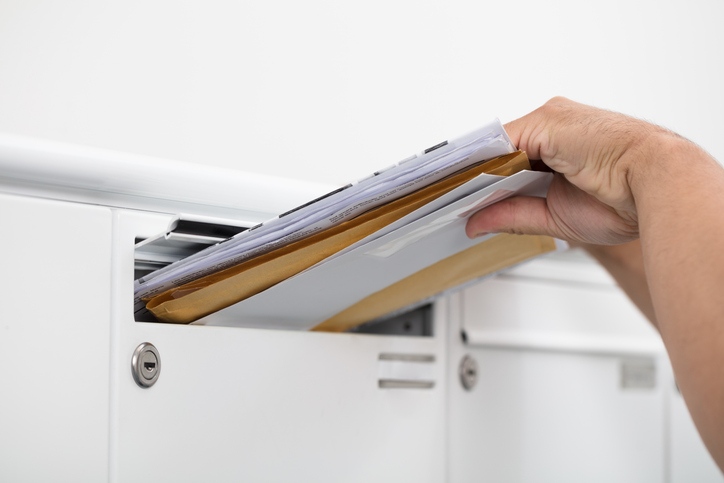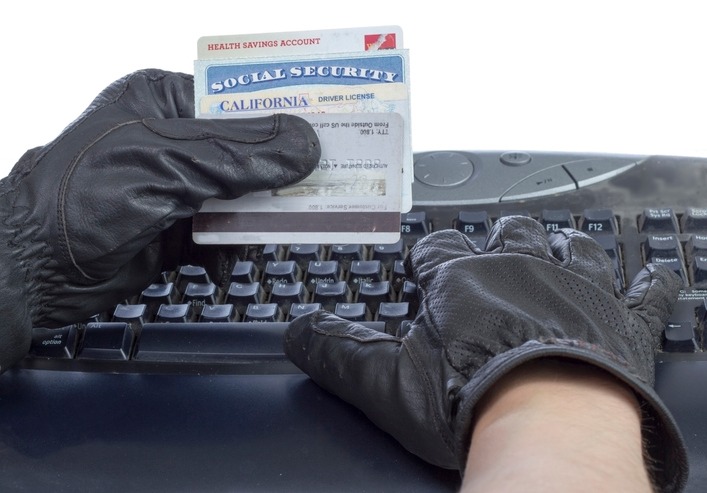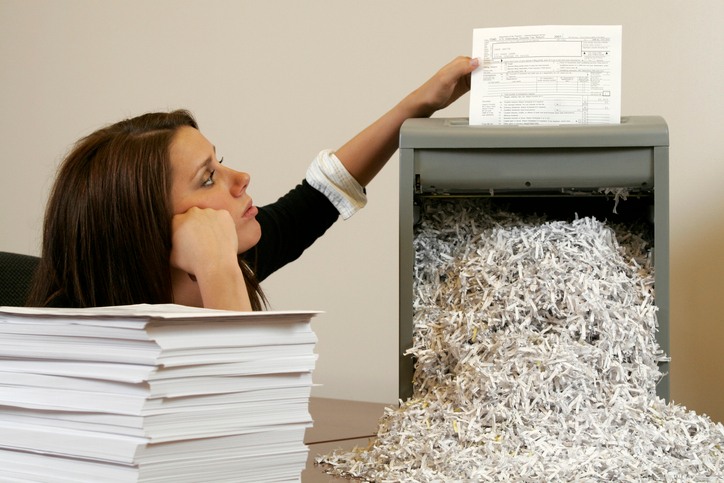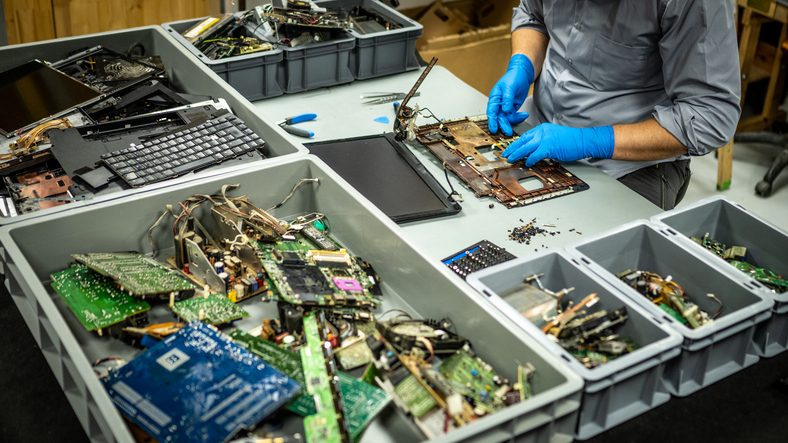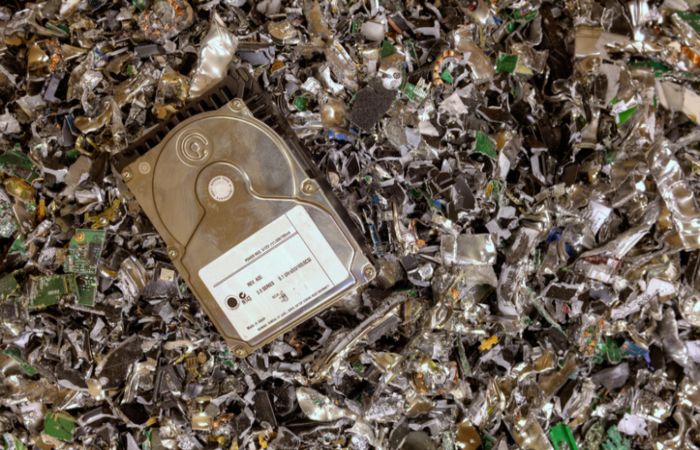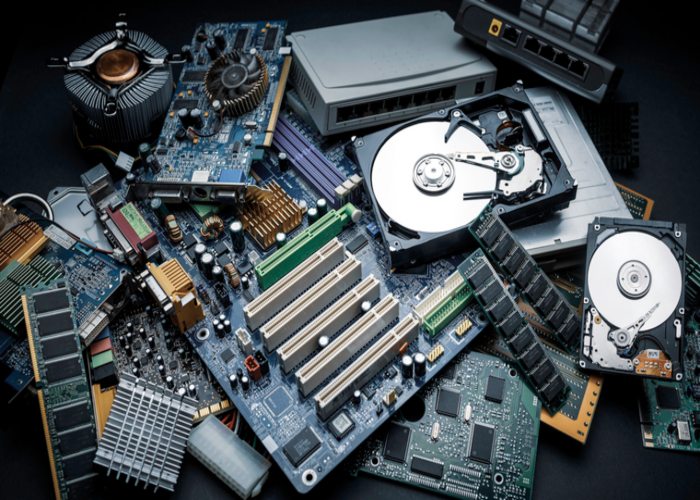Serving the Dallas Fort Worth Area & Nationwide
Document Retention Guidelines – When to Shred
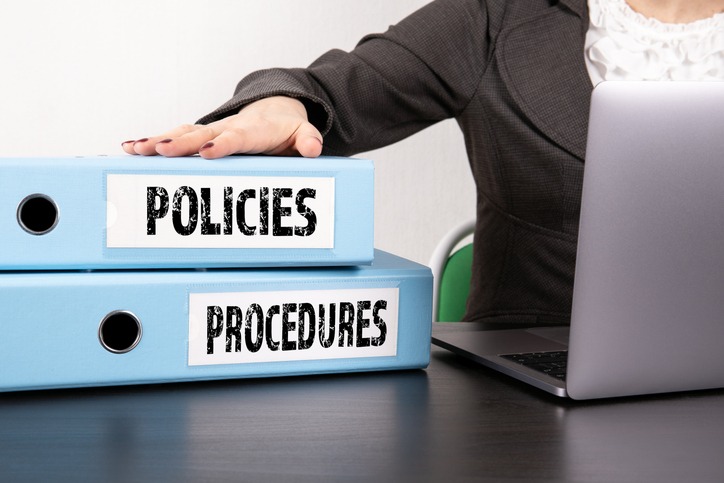
Managing documents effectively is essential for both individuals and businesses. The importance of document retention guidelines lies in their ability to balance compliance with legal requirements and the need to protect sensitive information. Whether for personal, financial, or business purposes, understanding when to keep, store, or shred documents can help avoid risks like identity theft or data breaches while maintaining organized records. Why Document Retention Matters The primary goal of document retention is to ensure compliance with legal and tax obligations while safeguarding sensitive information. Adhering to document retention and destruction guidelines prevents chaos and protects against fraud. How Long Should You Keep Different Types of Documents? Understanding the appropriate retention periods for various documents is vital to staying compliant and avoiding unnecessary risks. Always consult legal or financial advisors to determine specific timelines. The Risks of Storing Documents Beyond Their Retention Period Retaining documents for longer than necessary…
Read More >






